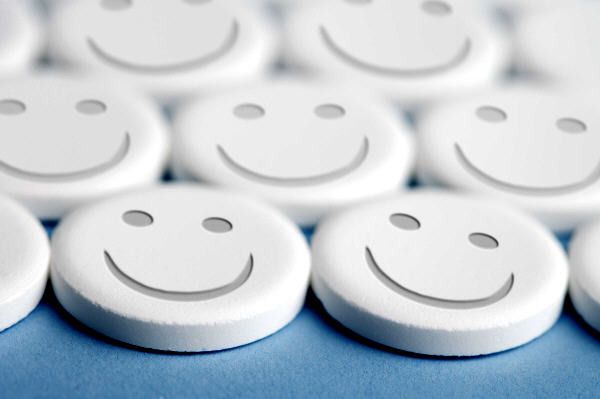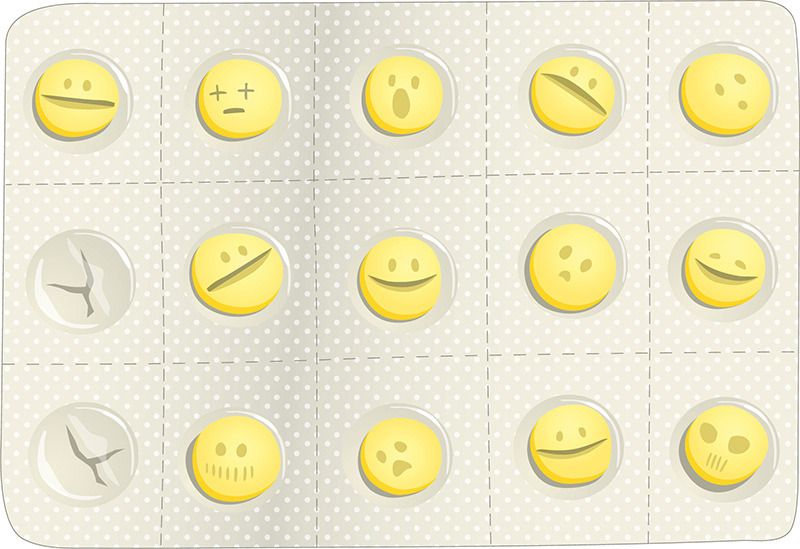The, er, "suspect" poses in front of Suicide Bridge between
San Francisco and Marin County
There is little doubt that the crash of Germanwings 9525 was a case of suicide/murder on the part of the co-pilot (what we call first officer) Andreas Lubitz. It has been established that he in the past suffered from depression, although based on the articles I've read his mental state on his last flight is a matter of speculation. Nevertheless, depression seems a reasonable guess.
This, however, is not primarily about Flight 9525. (Does Germanwings have so many flights that they must label them with four-digit numbers?) It's about the inevitable storm over whether antidepressant medicines -- which it's not clear Lubitz was taking -- do more harm than good, or if they do any good.
Consider a posting from Natural News. The site's owner calls himself the Health Ranger and is described as a food science researcher. If you like, you can scroll past the subhead "It's not unusual for pilots to fly planes into terrain in flight simulators" (something I never heard of in more than a dozen years in the aviation safety field) to the next subhead, "FAA bans pilots from flying while on antidepressant drugs" (wrong). You will then read a distressing list of "other mass murderers who were taking antidepressant drugs."
Well, that settles it, what?
No it doesn't.
The 510 comments on the article, which suggest that antidepressant effects are one hot topic, are mostly anti-antidepressant. A sizable bunch of dissenters, however, point out a principle known to anyone who has taken a class in experimental science, and possibly to most educated people: "Correlation is not causation."
That's why researchers, including those who have had apparent success in well-designed (randomized, double-blind, etc.) tests, are careful how they word their conclusions, e.g., "The results suggest that X is associated with favorable outcomes in the treatment of ... ."
Depressed killers and suicides might have been given antidepressants in the first place because they were ill, in some cases already displaying suicidal and/or homicidal ideation. The medical establishment prescribes antidepressants too casually and does not monitor patients well enough, using observation and common sense. But I cannot think of any kind of experiment that would demonstrate a cause-effect relationship between antidepressants and dangerous behavior.
Even if someone came up with an ingenious protocol to check the hypothesis, it would be unethical. Potential cures or alleviations are tried on patients suffering from a disorder. Any researcher who gave antidepressants to presumably non-ill patients to see if it would mess their minds up would be, quite rightly, kicked out of the profession and probably be looking at criminal charges.
This debate will go on and on because most of what we know about meds and the mind is hypothetical. If there were any way to demonstrate the effects by statistical analysis of large populations treated, it would have been done already. But it can't be, because there is no benchmark against which to evaluate results.
For what it's worth, my own view, based on both personal experience and a reasonable amount of study, is this: Some meds help some depressed people some of the time. That is obviously not a ringing endorsement. The inverse may also be true -- some meds hurt some depressed people some of the time.
What about the raging greed of Big Pharma? Sending cute-dolly sales reps to visit male doctors and the equivalent for female doctors, giving out free samples to prime the prescription pump? Point taken. But that doesn't mean the Health Ranger runs his site strictly pro bono. He has to make a living, too. Check out the ads from what the Ranger, to his credit, calls sponsors. ("Pain in the Butt? Hemroid [sic] Harry.")
Perhaps the best treatment for depressed patients -- if they're clinically depressed, not just unhappy -- is a combination of drug therapy and individual or group "talking" therapy. Under today's conditions that's pretty hard to arrange and it's hard to imagine who's going to pay the bills.
Here's a suggestion for the anti-antidepressant crusaders, however.
While Martin Luther King never said such a thing, and possibly never heard of antidepressants, make up a quote from him: "Antidepressants are racist! Bull Connor gives them to his attack dogs!"
The mainstream media will gobble it up. Within days, it will be unchallengeable. You're done, Big Pharma.







No comments:
Post a Comment